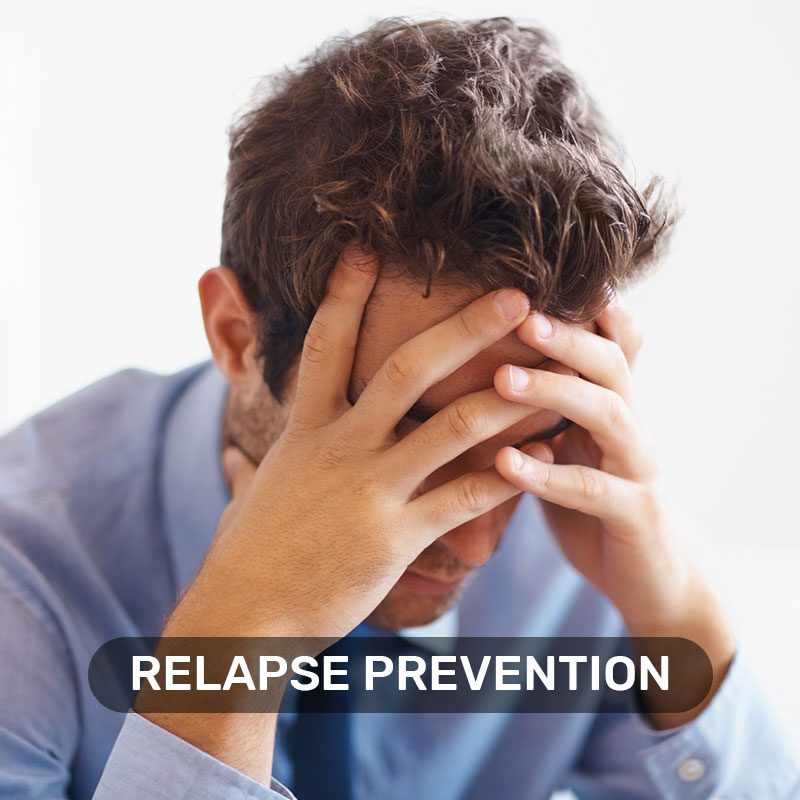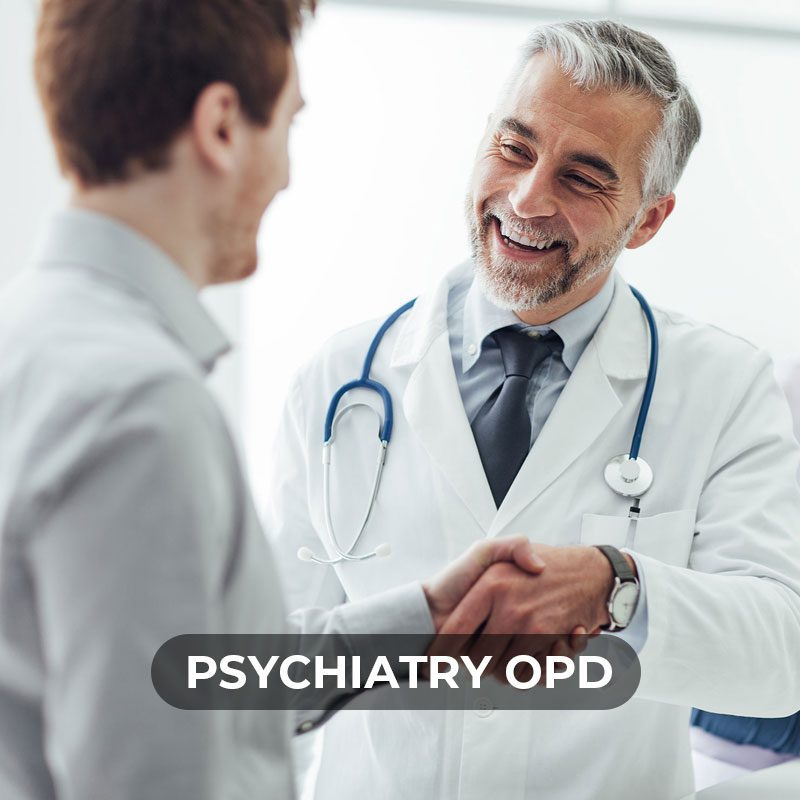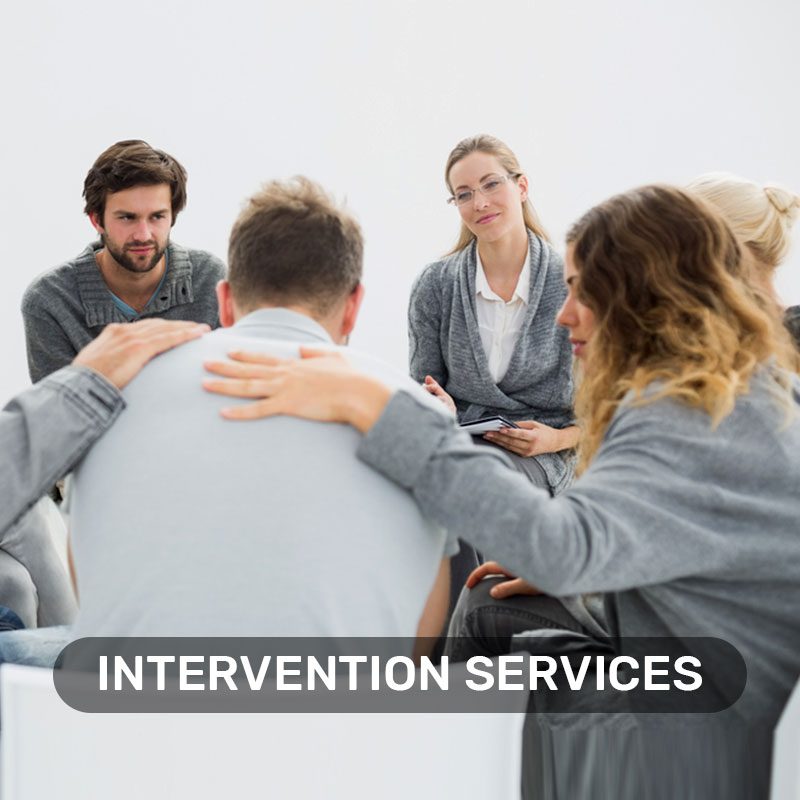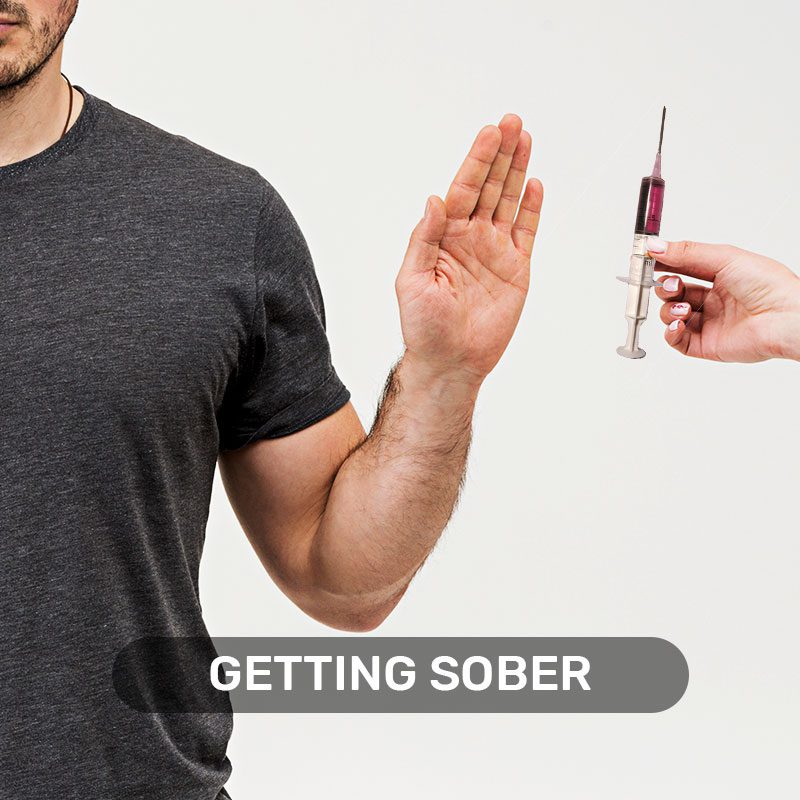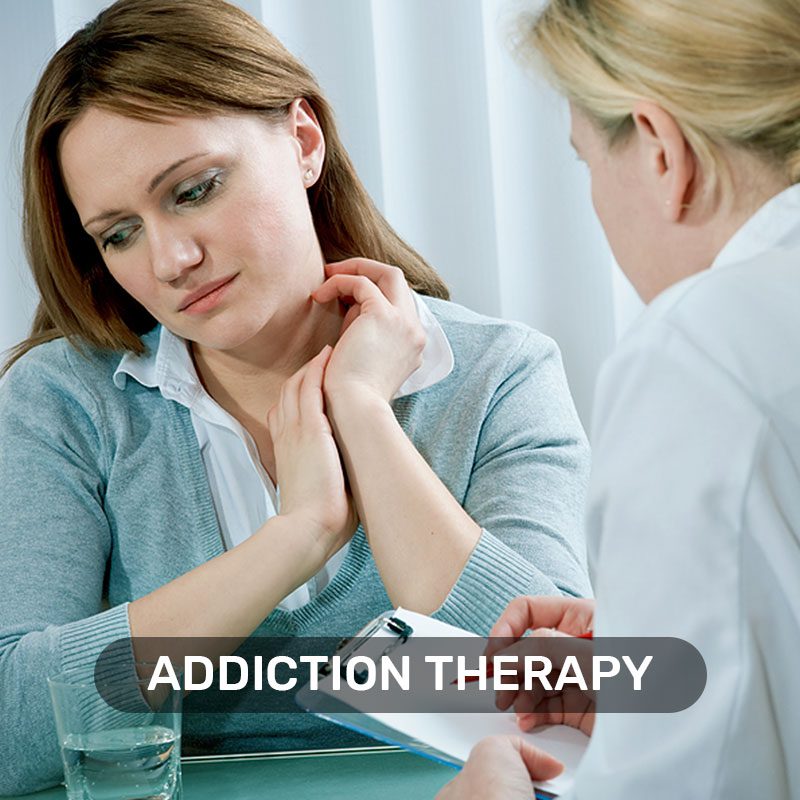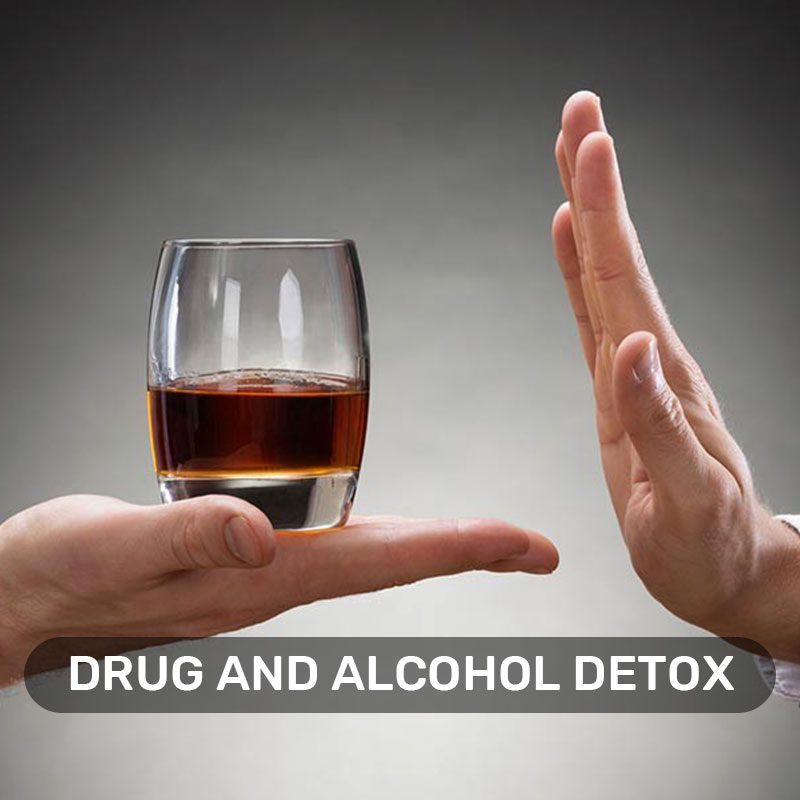info@islamabadrehab.com
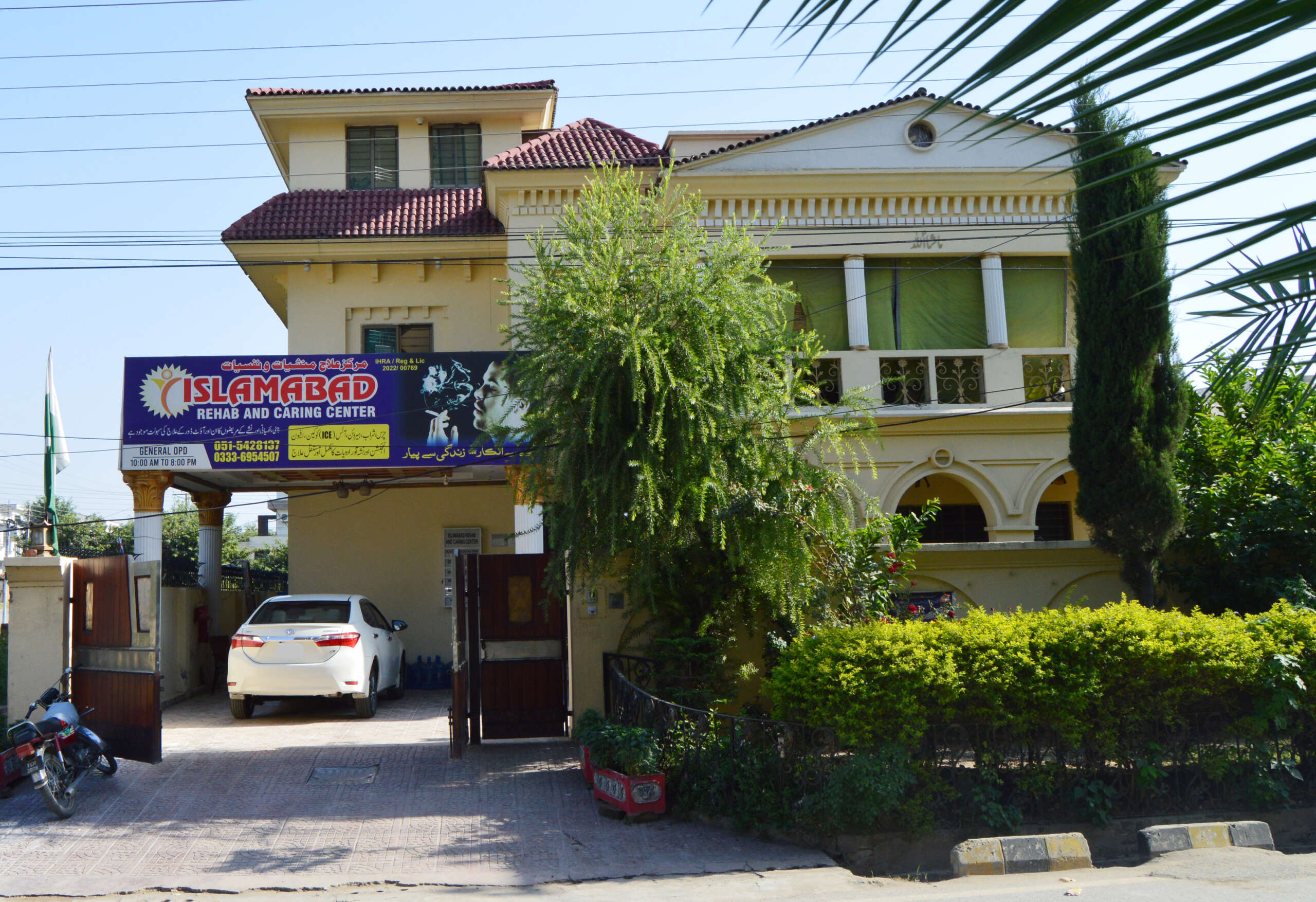
What is Music Therapy?
Everyone speaks the same language through music. It evokes all kinds of ideas, sensations, and emotions. Instead, it finds a way to communicate with every one of us through composing songs, playing instruments, or just unwinding to music. We use techniques that encourage creativity, self-expression, self-reflection, and self-knowledge as part of our client-centered, holistic approach to addiction therapy to get a deeper understanding of each person’s unique addiction path and sobriety recovery. Every week, we include music therapy in our programs. One way to discover how music might aid in our healing is via music therapy. What is music to you? is a question we pose to people. Are you triggered by music? How can music help us with mental health? What emotions does music evoke in us?
How Does Islamabad Rehab & Caring Center (Addiction Rehab Islamabad) Use Music Therapy?
Music for Recovery
Through scripted music introductions on sites like YouTube and Karaoke, we give people the chance to discover their music for healing. We utilize recovery music to analyze the lyrics and share how these songs have affected our own lives and recovery.
Composing Music
Journaling and writing are crucial components of healing. Writing songs gives people the opportunity to discover who they are, focus attention, and improve their decision-making and goal-oriented abilities, according to an addiction study (Leask, 2010). We provide inspiration and support for anyone with artistic and musical abilities to compose their songs about healing. We employ research on music therapy to help people with the composition and writing of song lyrics, as well as to support and improve the patient’s abilities. Since every person uniquely experiences complete abstinence and addiction, journaling and writing are excellent ways for people to express their feelings, thoughts, patterns, and flashbacks for self-discovery. Additionally, people are expected to supply instruments on-site if words alone are insufficient.
Karaoke
Addiction treatment may be entertaining and engaging. Few people use singing their hearts out to a beloved song as a form of self-expression. Expertise, self-acceptance, and reminding oneself that one may have pleasure when sober are all things that music can teach us.
Being mindful
We are aware that listening to music may help to relax the mind, body, and spirit in addition to providing stimulation. In our mindfulness-based methods of recovery, we use music as a therapeutic and holistic backdrop. During Reiki, yoga, art therapy, and silent reflection, we use calming music to help people relax.
Movement and Dance Therapy
According to William Purkey, “You have to dance like no one is looking.” According to Koch et Fischman (2011), dancing and movement are ways to use the body to express, design, struggle, display, and emancipate sentiments and emotions. This kind of healing enables people to support their physical, mental, emotional, and spiritual well-being via movement. It emphasizes “nonverbal expression, interaction, and communication,” according to studies on movement therapy (Koch et Fischman, 2011). Additionally, by losing themselves in the dance, people might confront their insecurities related to their self-image. Through learning various dances and having fun, we give people the chance to express themselves through movement as part of our music therapy programs.
Cognitive Rehabilitation and Music Therapy
Research on addiction indicates that music therapy can help with cognitive recovery (Lesiuk, 2010). As previously said, active addiction damages our brains and neurons. One of the numerous tools we provide is music therapy, which has been shown to help reorganize our brains. Our senses (for instance, our ability to hear better), rhythm (which may be helpful while exercising since sometimes you need a rhythm), and empathy (because we discover different methods to interpret emotions, typically through background music or lyrics) are all improved by music. One of the most effective methods for influencing the brain’s neuroplasticity is music therapy. It can aid in the restoration of the brain regions that contribute to improved cognitive function. It has been demonstrated that music therapy enhances listening, planning, memory, attention, impulse control, and decision-making. These elements are crucial for preventing relapses in the future.
Emotions and Music Therapy
Through music therapy, people may express their inner feelings on the outside. We can feel joy, excitement, sadness, anger, guilt, enjoyment, and motivation when we listen to music. As previously said, it causes us to experience things we would not have previously observed. We are aware that emotional expression is a sign of progress in addiction treatment. These feelings can be expressed through music therapy. Discussions on recovery lyrics, songwriting techniques, and retraining our bodies and minds to relax are all part of music therapy (Lesiuk, 2010). We encourage people to make songs about their experiences in active addiction or recovery, invite them to locate their recovery songs and share the meaning behind the lyrics, and play calming music during silent reflection, mindfulness, and meditation sessions. By engaging in these activities, people can pinpoint certain triggers related to addiction and recovery. It is essential to assist people in overcoming these triggers, which set off discussions about anger, self-worth, self-acceptance, guilt, humiliation, loss, and happiness.
The language of the heart is music:
There is a long history of music, emotions, and recovery. Red Hot Chili Peppers, Eminem, Ray Charles, Keith Urban, and Amy Winehouse are just a few of the musicians who utilize music as a way to express their feelings. Even though we may have lost some outstanding musicians, we treasure their legacy and memories via music. Because music has the power to evoke both positive and negative memories. Additionally, as previously said, it is a language that we may use to convey loss, grief, and pain through the process of healing. We may utilize it as a tool for self-acceptance and self-preservation as we travel this path together. The language of the heart is music. It is one of the several ways we provide people a platform to express themselves, gain self-awareness, and utilize it as a tool to help them during their addiction treatment and sobriety.
For more information & appointment please contact:
Islamabad Rehab and Caring Center, please gives us a call at 0333-6954507 or email us at Islamabadrebabandcaringcenter@gmail.com
We'd love to hear from you!
We are here and always ready to help you. Let us know how we serve you and we’ll get back within no time.





